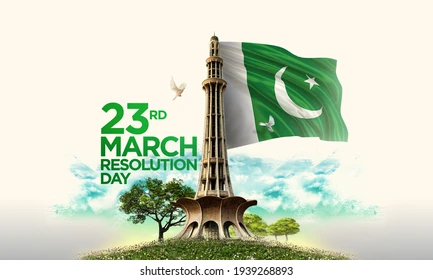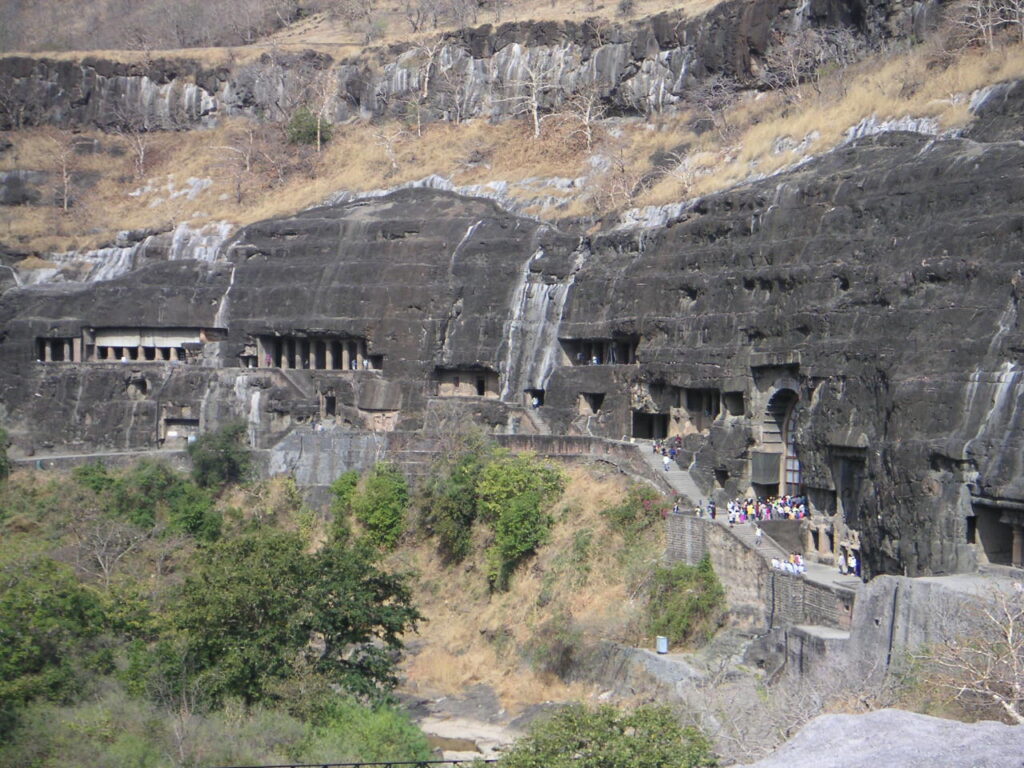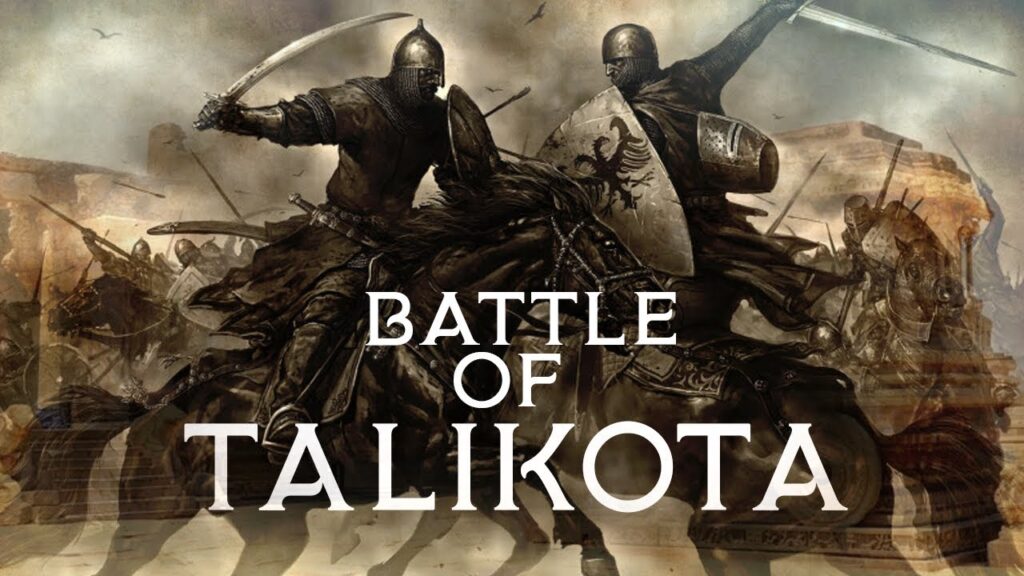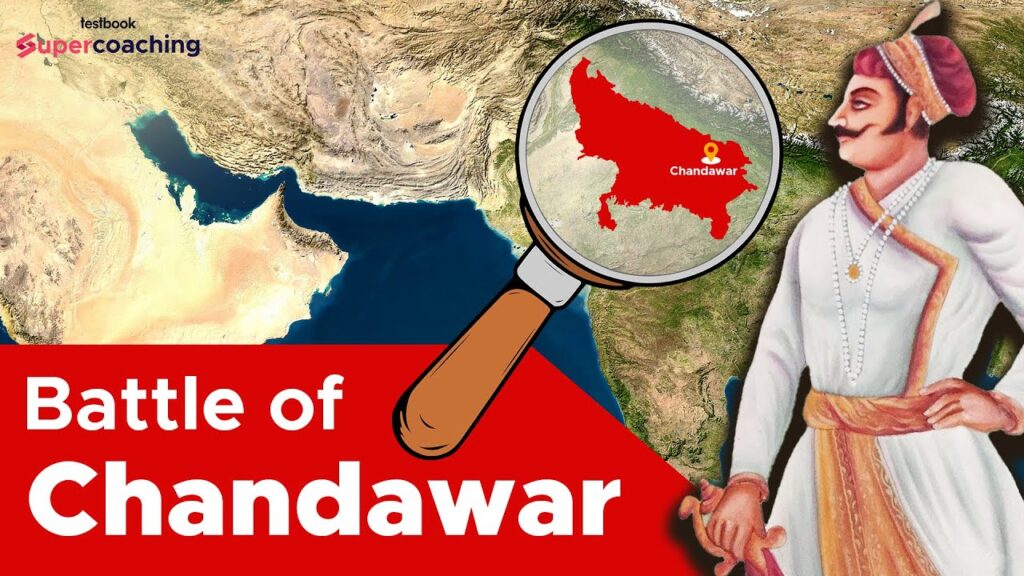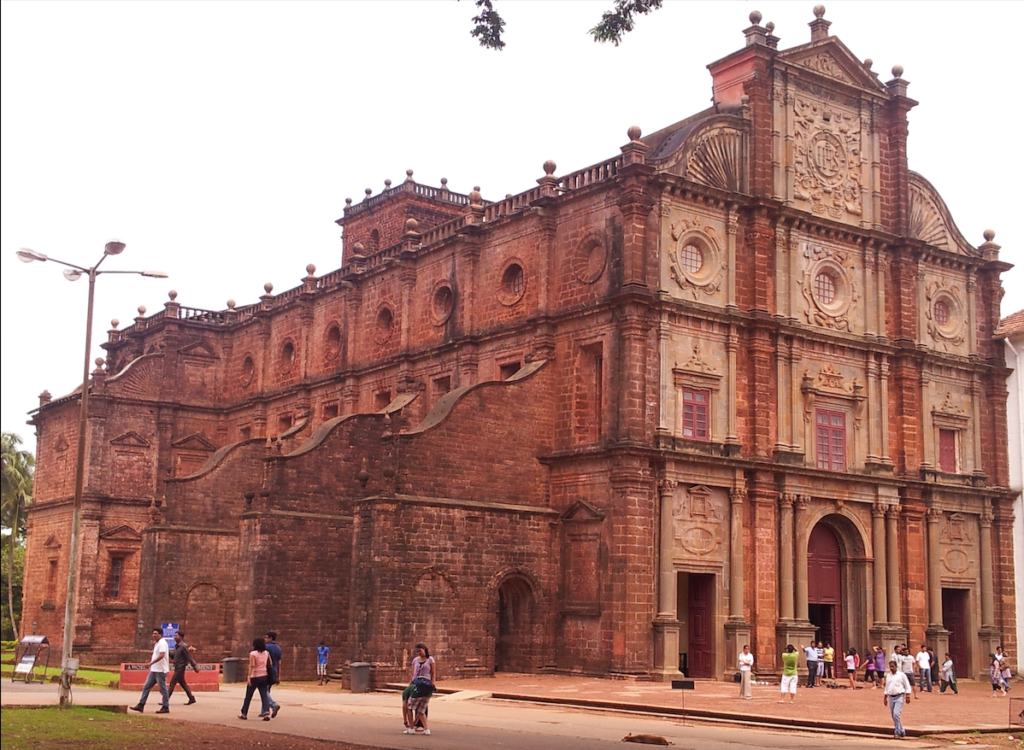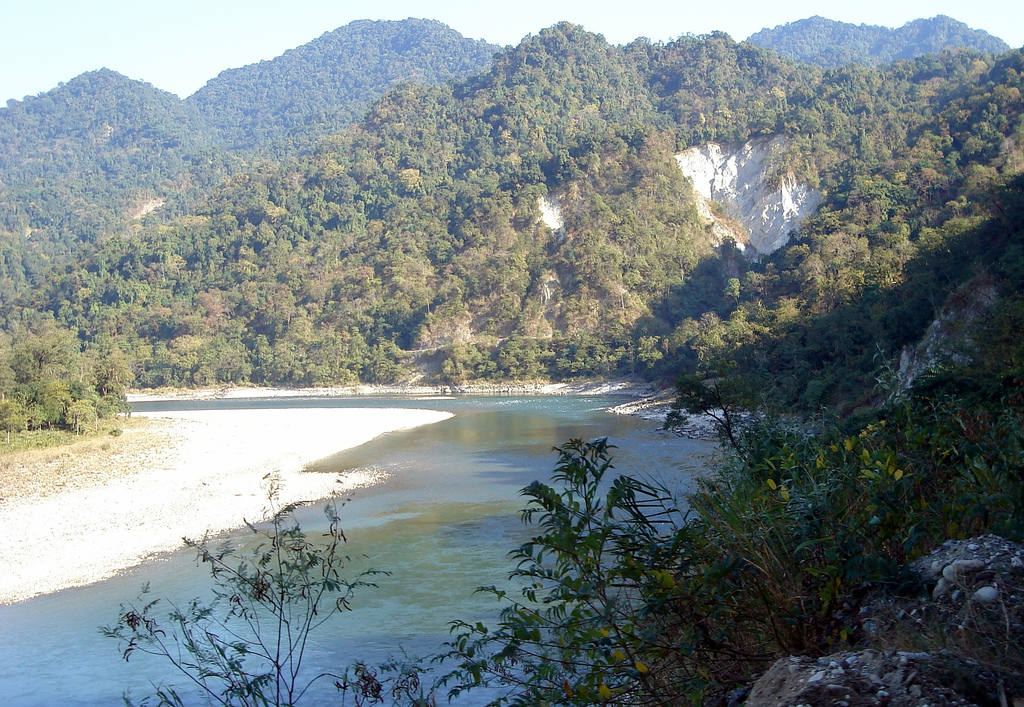March 23rd holds immense significance in the history of Pakistan as it marks Pakistan Day, a day of remembrance, celebration, and national pride. This day commemorates the Lahore Resolution of 1940, a crucial milestone in the struggle for Pakistan’s independence. Throughout the years, Pakistan Day has evolved into a symbol of unity, resilience, and the nation’s ongoing journey towards progress and prosperity. In this comprehensive exploration, we will delve into the historical context, significance, celebrations, and contemporary relevance of Pakistan Day, encapsulating the essence of a nation’s aspirations and achievements.
Historical Context:
The roots of Pakistan Day trace back to the early 20th century when the Indian subcontinent was under British colonial rule. The demand for separate electorates for Muslims and the subsequent political developments led to the formation of the All-India Muslim League in 1906, advocating for the rights and representation of Muslims in the Indian political landscape.
As tensions rose between different religious and political groups, the struggle for Muslim rights and self-determination intensified. The Lahore Resolution, also known as the Pakistan Resolution, emerged as a defining moment during the All-India Muslim League’s annual session held in Lahore on March 22-24, 1940.
On March 23, 1940, the Muslim League under the leadership of Muhammad Ali Jinnah put forward the Lahore Resolution, which called for the creation of independent states in regions where Muslims constituted the majority, ensuring their political, cultural, and economic rights. This resolution laid the ideological foundation for the eventual formation of Pakistan as a separate homeland for Muslims in South Asia.
Significance of Pakistan Day:
- Symbol of Independence: Pakistan Day symbolizes the long and arduous struggle of the Pakistani people for independence and self-determination. It honors the vision of leaders like Muhammad Ali Jinnah, Allama Iqbal, and others who championed the cause of a separate Muslim nation.
- Unity and Diversity: Pakistan Day underscores the unity of diverse ethnic, linguistic, and cultural groups that come together under the banner of Pakistani nationalism. It promotes inclusivity, tolerance, and respect for the country’s rich tapestry of traditions and heritage.
- Democratic Values: The Lahore Resolution reflects the democratic aspirations of the Pakistani populace, emphasizing principles such as equality, justice, and representation for all citizens irrespective of their backgrounds.
- National Pride: Pakistanis take immense pride in their nation’s history, sacrifices, achievements, and contributions to various fields such as arts, literature, sports, and technology. Pakistan Day serves as a reminder of the nation’s potential and resilience in the face of challenges.
Celebrations and Observances:
Pakistan Day is commemorated with a series of events, ceremonies, and festivities across the country, highlighting patriotism, solidarity, and cultural heritage. Some of the key observances and activities include:
- Military Parades: One of the central events of Pakistan Day is the grand military parade held in Islamabad, the capital city. The parade showcases the country’s military prowess, discipline, and national unity. It is attended by political leaders, dignitaries, and citizens, and broadcasted nationwide.
- Flag Hoisting Ceremonies: Throughout Pakistan, flag hoisting ceremonies take place at government buildings, schools, and public spaces. The national flag, with its green and white colors symbolizing prosperity and peace, is proudly displayed as a symbol of national unity.
- Cultural Performances: Pakistan Day celebrations feature cultural performances including traditional dances, music concerts, theater plays, and exhibitions showcasing the country’s cultural diversity, arts, crafts, and cuisine.
- Educational Seminars and Debates: Schools, colleges, and universities organize seminars, debates, and lectures focusing on Pakistan’s history, ideology, democratic values, and the contributions of national heroes and leaders.
- Award Ceremonies: Prestigious national awards such as the Nishan-e-Pakistan, Sitara-e-Pakistan, and Tamgha-e-Pakistan are conferred upon individuals for their exceptional contributions to various fields, including literature, science, medicine, and social services.
- Public Speeches and Messages: Political leaders, including the President and Prime Minister of Pakistan, deliver speeches highlighting the significance of Pakistan Day, paying tribute to the founding fathers, acknowledging national achievements, and outlining goals for the nation’s future development.
Contemporary Relevance:
In contemporary times, Pakistan Day holds relevance beyond historical remembrance. It serves as a platform to reaffirm national unity, address socio-economic challenges, promote global diplomacy, and foster youth empowerment and civic engagement. Key areas of contemporary relevance include:
- Democratic Consolidation: Pakistan Day encourages reflection on democratic values, governance reforms, and citizen participation in shaping national policies and priorities.
- National Security and Defense: The military parade and related events underscore Pakistan’s commitment to national security, defense capabilities, and counterterrorism efforts in collaboration with international partners.
- Economic Development: Pakistan Day initiatives often focus on economic growth, infrastructure projects, job creation, entrepreneurship, and investment opportunities to enhance prosperity and well-being for all citizens.
- Social Cohesion and Inclusion: The celebration promotes social cohesion, interfaith harmony, gender equality, and the protection of minority rights, fostering a more inclusive and tolerant society.
- Global Partnerships: Diplomatic engagements and cultural exchanges on Pakistan Day strengthen international relations, trade partnerships, and cooperation in areas such as education, healthcare, and sustainable development goals (SDGs).
Conclusion:
Pakistan Day stands as a testament to the resilience, aspirations, and collective identity of the Pakistani nation. It encapsulates historical struggles for independence, democratic values, cultural diversity, and a vision for a peaceful, prosperous future. As Pakistanis celebrate their heritage, achievements, and challenges on March 23rd each year, they reaffirm their commitment to national unity, progress, and global solidarity, embodying the spirit of “Unity, Faith, Discipline” envisioned by Muhammad Ali Jinnah, the founding father of Pakistan.

